tEam

Stefan Jonsson
Stefan Jonsson. Professor at the Institute for Research on Migration, Ethnicity and Society (REMESO), Linköping University. Research on European modernity and coloniality and representations of crowds and collectivities. Writings include Subject Without Nation (2000); A Brief History of the Masses (2008); Crowds and Democracy (2013); Eurafrica (co-authored with Peo Hansen, 2013)); Austere Histories in European Societies (co-edited with Julia Willén, 2016), as well as several books in Swedish on postcolonial theory, multiculturalism, diversity, racism, and racialization. Stefan Jonsson is also a critic and commentator at Sweden’s major newspaper Dagens Nyheter.
Contact: stefan.jonsson@liu.se
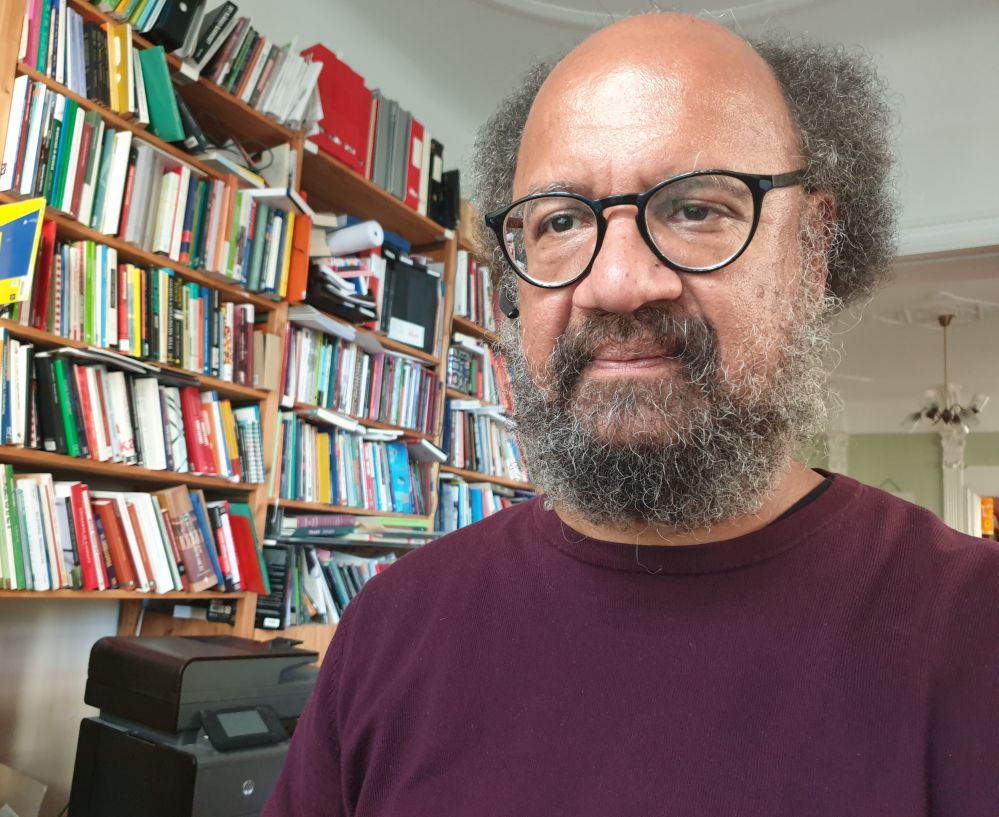
Anders Neergaard
Anders Neergaard is director and professor in sociology at REMESO, The Institute for Research on Migration, Ethnicity and Society, Linköping University. His with research spans several fields focussing on social (in)justice with an intersectional perspective on class, ethnicity/racialisation and gender. This include working life studies of recruitment practices and work-life careers; political sociology of extreme right-wing populism and racism; social movements, antiracism and migrant workers collective organisation. Co-publications include Speaking up, leaving or keeping silent: Racialised employees in the Swedish elderly care sector (WES 2016); “Race” and the upsurge of antagonistic popular movements in Sweden. (ERS 2017); Reimagineering the Nation. Essays on Twenty First Century Sweden. (Peter Lang 2017); Crisis of Solidarity? Changing Welfare and Migration Regimes in Sweden (Critical Sociology 2019)
Contact: anders.neergaard@liu.se
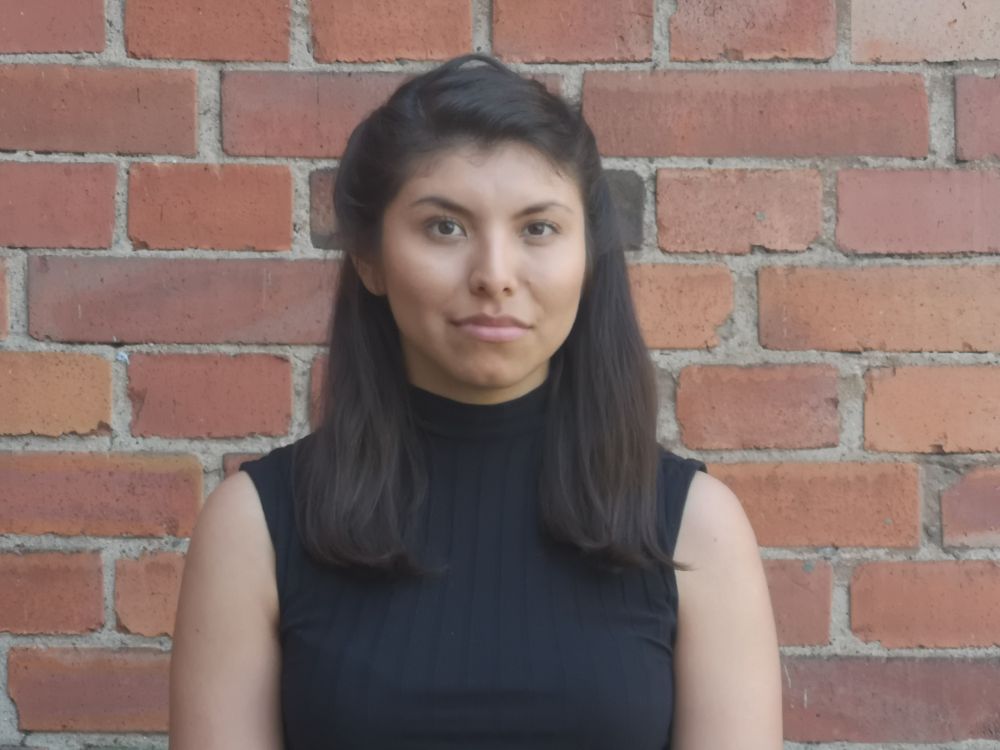
Celina Ortega Soto
Celina Ortega Soto is a research assistant at the department of Migration, Ethnicity and Society (REMESO) at Linköping University in Sweden. Before working on the CuRe project, she worked with two other projects concerning labor unions at Linköping University. Her scholarly interests include ethnicity, migration, and segregation.
Contact: Celina.ortega.soto@liu.se
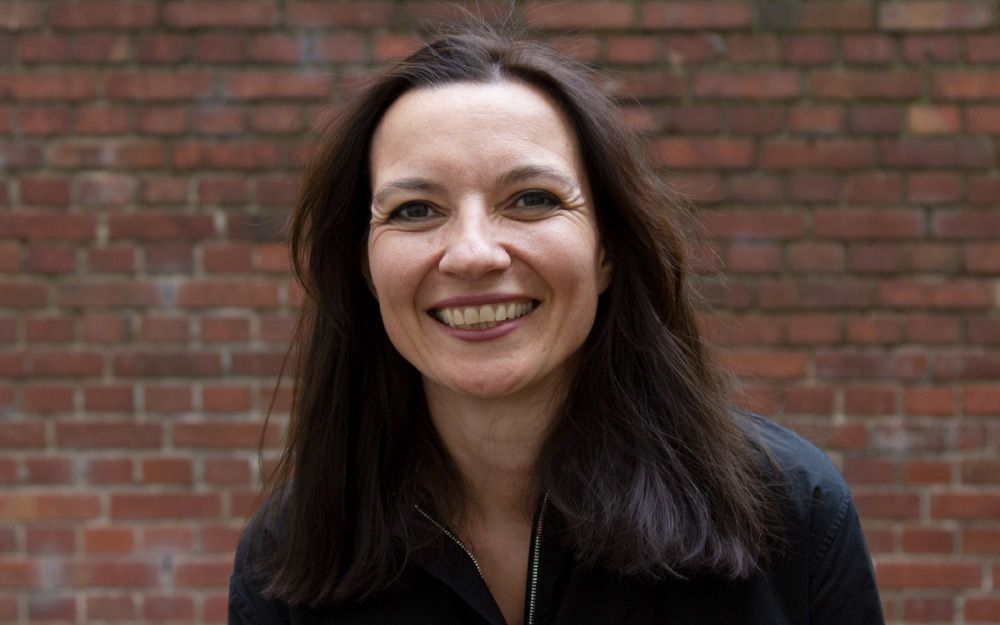
Manuela Bojadžijev
Manuela Bojadžijev is Professor at the Institute for European Ethnology and co-Head, together with Wolfgang Kaschuba, of the Deparment of "Social Networks and Cultural Lifestyles" of the Berlin Institute for Integration and Migration Research (BIM) at the Humboldt University of Berlin. She also is Visiting Scholar at the Center for Digital Cultures (CDC) at the Leuphana University of Lüneburg. She was previously a senior research fellow at the Institute for European Ethnology at the Humboldt University of Berlin (2010–2015) and worked inter alia at the Free University of Berlin, the City University of London, Goldsmiths University of London, and the Johann Wolfgang Goethe University in Frankfurt am Main (on the “Transit Migration” project). While working on her PhD she received a fellowship at the Institute for Social Research in Frankfurt am Main. The overall focus of her work is researching globalized and digitised cultures. She is interested in contemporary transformations of mobility and migration as well as of racism, in interplay with the current radical changes of work and life under conditions of digitisation and logistification. Addressing these topics, she currently oversees six research projects (funded by the European research programs H2020 and HERA, the Autralian Research Council, as well as the Volkswagen Foundation, the German Research Foundation, and the Berlin University Alliance). Additionally she curates, together with the author Carolin Emcke, at Berlin's House of World Cultures an online-archive on the history and presence of forced migration to Germany (funded by the Federal Cultural Foundation). Her more noteworthy publications include Turbulente Ränder. Neue Perspektiven auf Migration an den Grenzen Europas (2007; 2012; as part of Transit Migration Forschungsgruppe), Die windige Internationale (2008; 2012) and Race, Nation, Class: Rereading a Dialogue for our Times (2018; with Katrin Klingan).
Contact: manuela.bojadzijev@hu-berlin.de
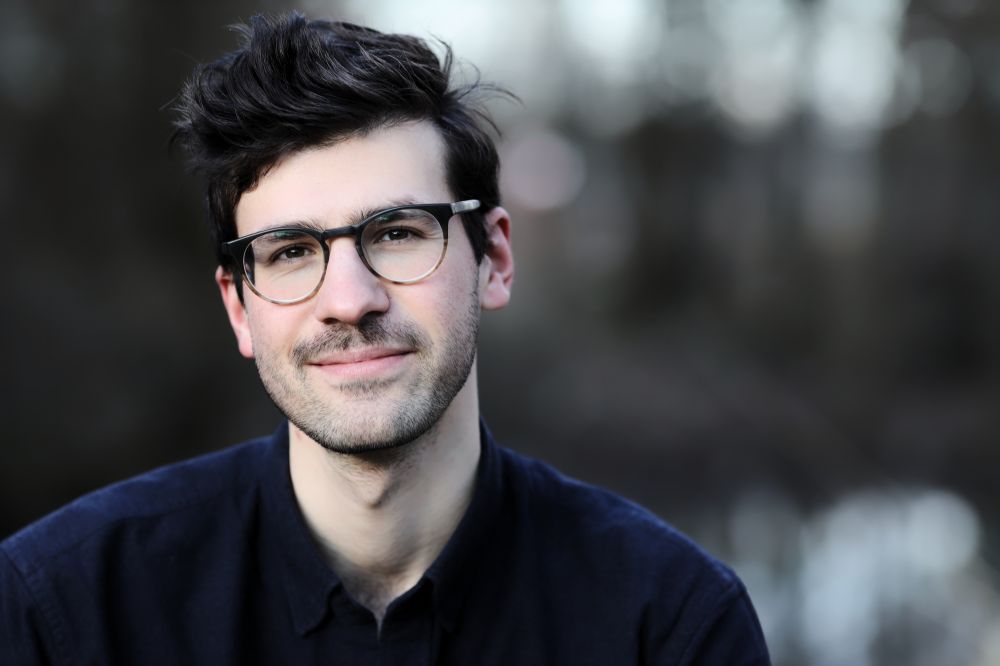
Alexander Harder
Alexander Harder is a PhD student at the Institute for European Ethnology at the Humboldt University of Berlin and the Berlin Institute for Integration and Migration Research (BIM) (formerly at the Institute for Sociology and Cultural Organization (ISCO) at Leuphana University Lüneburg) . He has worked and studied at the Otto-Suhr-Insitute for Political Science at Free University Berlin and the Transdisciplinary Center for Gender Studies at Humboldt University Berlin. His academic work concerns the digital organization of right-wing actors and discourses, their relevant online architectures and media practices. He is a member of the Center for Digital Cultures (CDC) in Lüneburg.
Contact: alexander.harder@hu-berlin.de

Manuel Liebig
Manuel Liebig is a research fellow and PhD candidate at the Institute for European Ethnology at the University of Vienna. He is also an associate member of the Berlin Institute for Integration and Migration Research (BIM) at the Humboldt University of Berlin. Prior to this he worked at the BIM as a research fellow in a project on desolidarization and racism (2016). He completed his MA at the Institute for European Ethnology at the Humboldt University of Berlin and his BA at the Ludwig-Maximilians-Universität Munich in the same subject, with studies abroad in Buenos Aires. In his PhD project he analysis the relation of everyday neighbourhood conflicts and the conjuncture of right wing parties. His work focuses on critical migration and border regime studies, racism, social movements and crisis. His publications can be find here.
Contact: manuel.liebig@univie.ac.at
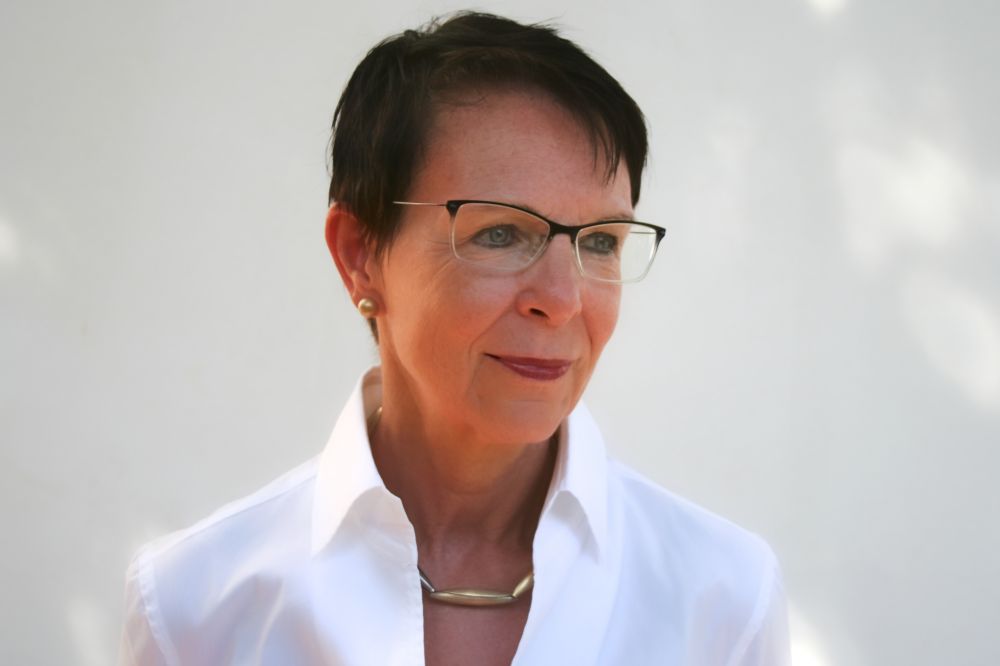
Birgit Sauer
Birgit Sauer is professor of Political Science at the Department of Political Science at University of Vienna. Her research fields include Gender and Politics, political representation, gender and state and democracy theory, politics and affect, right-wing populism and gender. She was the leader of several national and international research projects such as the EU-funded project VEIL (Values and Equality in Liberal Democracies), which studied the regulation of female Muslim body covering, Affective Labour in Employment Agencies, which analysed the affective transformation of state bureaucracies in Austria, Germany and Switzerland, and Popmed (Political and Media Populism. The ‘refugee crises’ in Slovenia), a joint project with the Peace Institute in Ljubljana, studying populism by and through the media since 2015. She participated in international research project on racism, unaccompanied minor refugees, integration of migrant children and sex work.
Contact: birgit.sauer@univie.ac.at
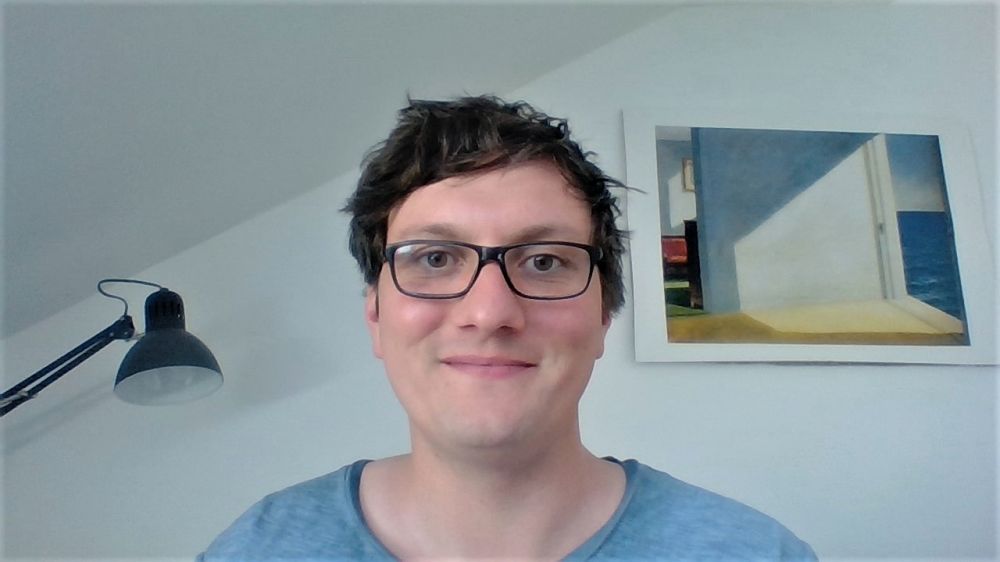
Florian Zeller
Florian Zeller studied International Development Studies at the University Vienna and is now enrolled in the Master's program in Political Science at the University Vienna. His research fields include right-wing extremism, research on conspiracy theories, antisemitism, political theory and gender. He worked for the anti-racist organization ZARA and is a member of the Research group ideologies and policies of inequality.
Contact: florian.zeller@univie.ac.at
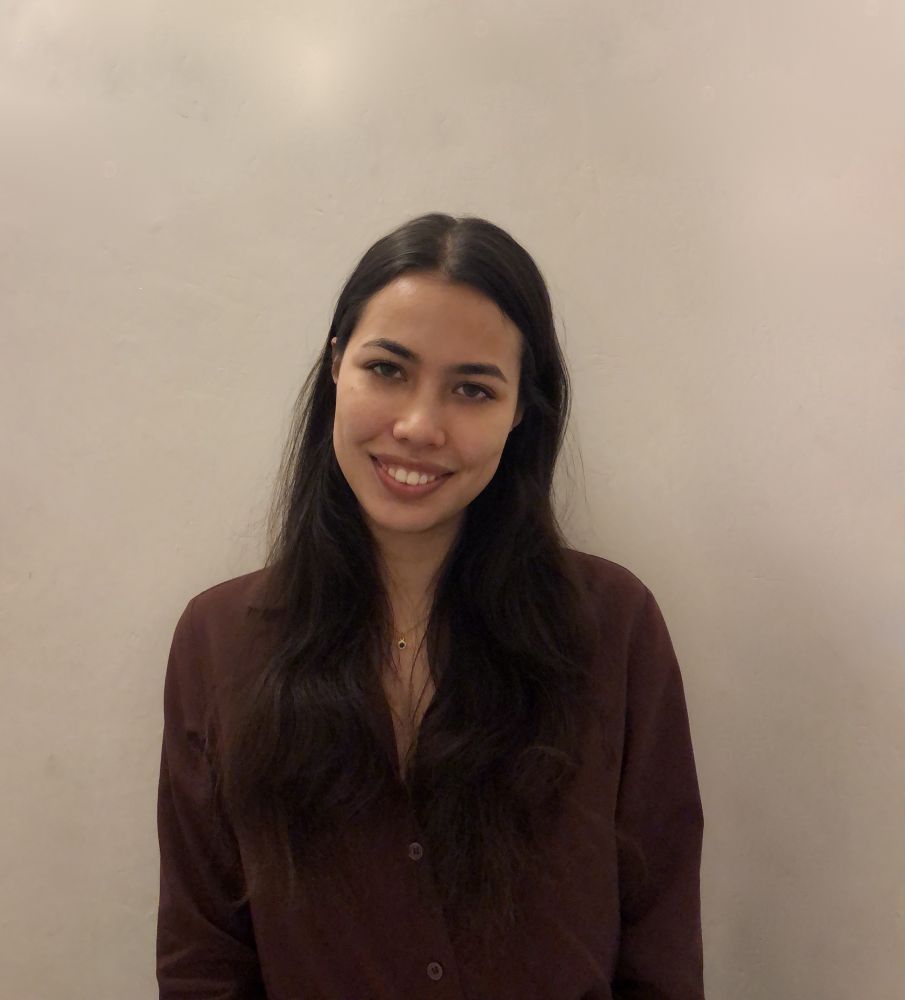
Anna Hasenauer
Anna Hasenauer studied English and American Studies at the University of Vienna, where she is currently enrolled in the B.A. programme for Political Sciences. Her research is focused on international politics with an emphasis on the gender politics of the European Union. At the University of Nottingham, she had the opportunity to extend her research even further, which has led to her developing a special interest in 20th century U.S. Foreign Politics. Furthermore, she has been involved in various community support groups and refugee organisations and works as a freelance translator.
Contact: anna.hasenauer@univie.ac.at
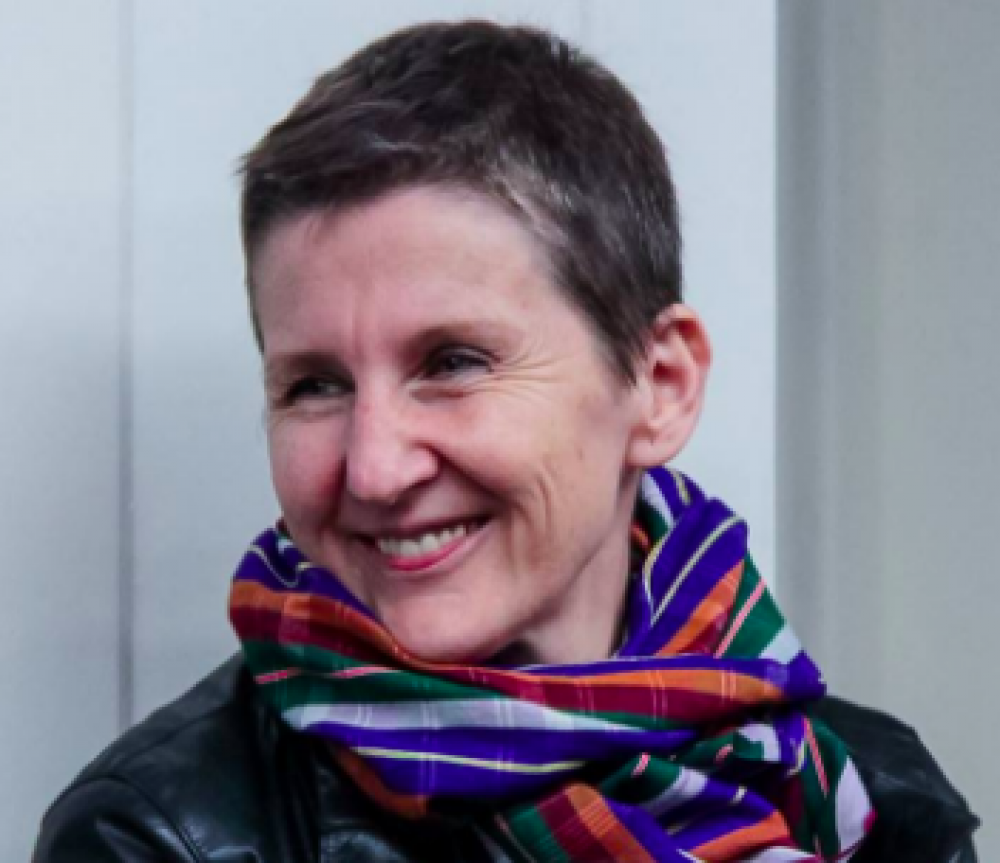
Sanja Bojanić
Sanja Bojanić is a researcher immersed in philosophy of culture; media and queer studies, with an overarching commitment to comprehend contemporary forms of gender, racial and class practices, which underpin social and affective inequalities specifically increased in the contemporary societal and political contexts. She firstly studied philosophy and tailored her interests at the University of Paris 8, where she obtained an M.A. in Hypermedia Studies at the Department of Science and Technology of Information, and an M.A. and Ph.D. at Centre d'Etudes féminines et d'etude de genre, a processes that ultimately led to interdisciplinary research based on experimental artistic practices, queer studies, and particularities of Affect Theory. Her research and scientific work are fostered through various projects funded by EU Commission and private foundations. Author and editor of several books and manuals, she published over thirty peer-reviewed papers on topics related to her field of expertise.
Contact: sanja.bojanic@uniri.hr
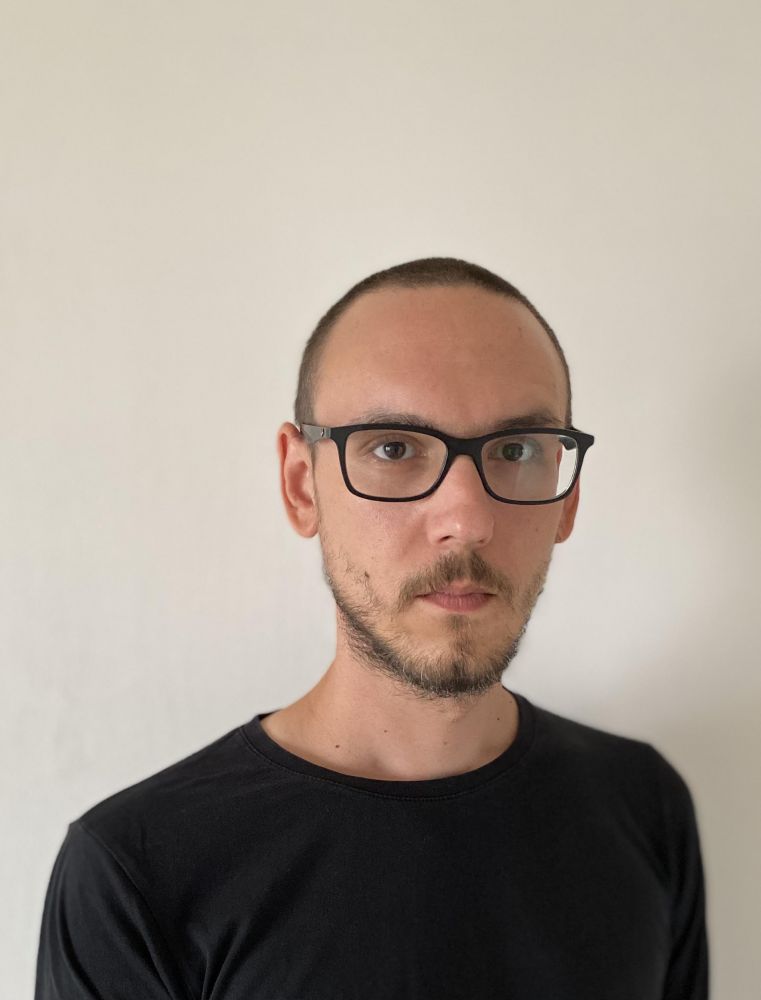
Marko-Luka Zubčić
Marko-Luka Zubčić is a Fellow of Center for Advanced Studies South East Europe and assistant lecturer in epistemology at Faculty of Humanities and Social Sciences in Rijeka. He holds a PhD in philosophy from University of Rijeka. He works in social and institutional epistemology, with focus on ignorance, pluralism, collective epistemic virtues, and epistemic reliability in institutional and organizational design. His work is published in Ethics & Politics, Philosophy & Society, and Synthese, and he co-edited the Special Issue of Phenomenology and Mind on the topic of non-verbal normativity with Olimpia Loddo and Sanja Bojanić. He is dedicated to applying the insights of institutional epistemology in the real world. He conducts workshops in participatory policy-making, and works on the design of instruments for utilization of diversity, collective and distributed intelligence for policy-making and problem-solving. He provides communications and strategy consultancy for NGOs working on child poverty and food security.
Contact: mlzubcic@gmail.com
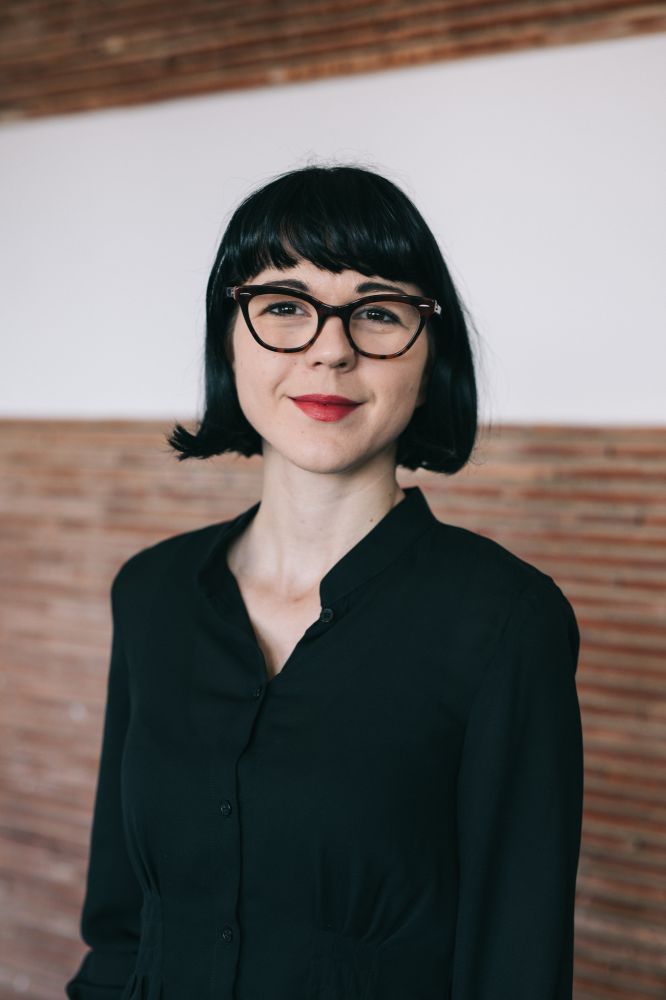
Lucija Polonijo
Lucija Polonijo works at the Center for Advanced Studies of Southeastern Europe (CAS SEE), University of Rijeka as a program coordinator, and as a program manager at the Moise palace, the University’s educational and scientific center. She is active in NGO Akumulator, which she founded with her colleagues artists and as a freelance producer the Center for Innovative Media APURI. She graduated from Applied Arts (MA 2015) and Media Arts and Practices (MA 2017) at the Academy of Applied Arts, University of Rijeka. Lucija worked at the Gallery SKC, Student Cultural Center of the University of Rijeka, and as the program coordinator of the Kitchen of Diversity flagship under the Rijeka 2020 - European Capital of Culture project. While working in the Kitchen of Diversity, she was engaged in implementing programs that cover various areas of cultural and social activities (literature, publishing, media, music, audio-visual activities, innovative artistic and cultural practices, gastronomy).
Contact: lucija.polonijo@gmail.com
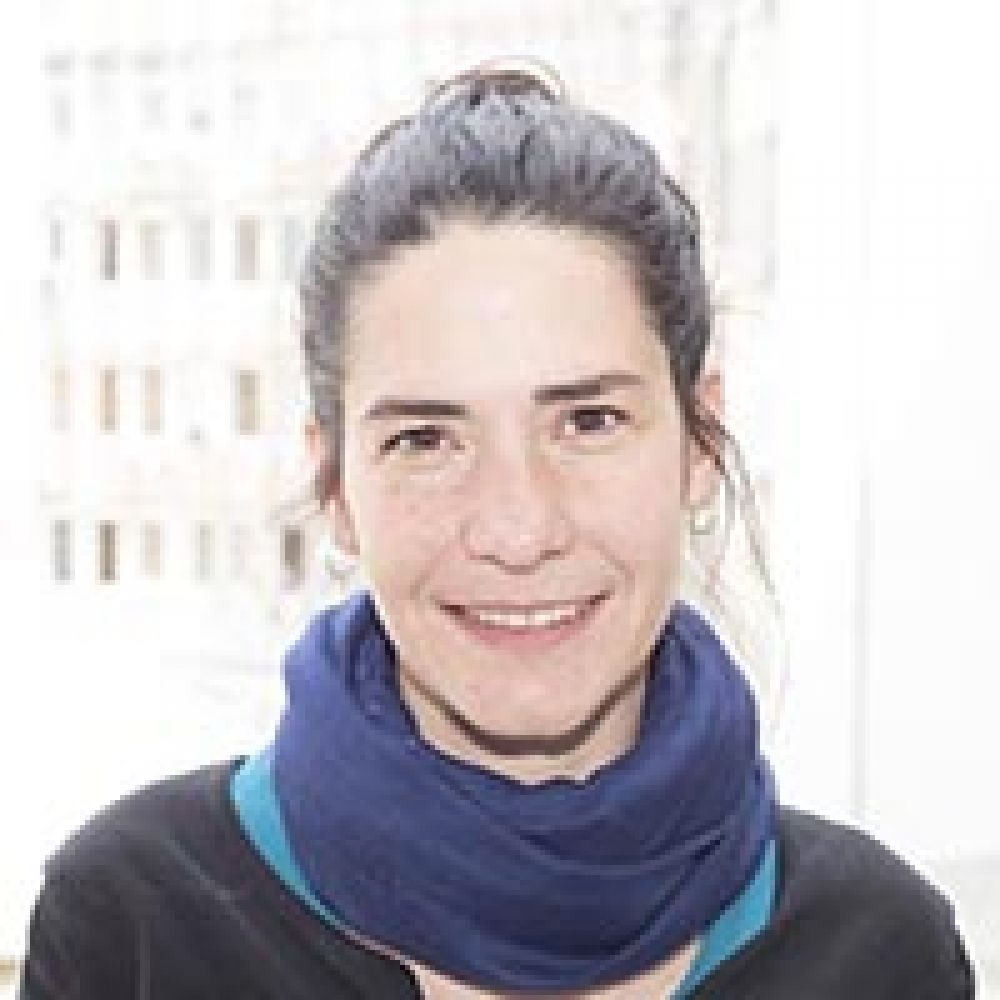
Irena Fiket
Irena Fiket is a senior researcher at the Institute for philosophy and social theory, University of Belgrade.Main research topics that I worked on whilst at Universities of Florence, Siena, Bologna and Oslo as a postdoc and on which I published numerous research articles and chapters and two books, include citizen participation, democratic innovation, deliberative democracy, European public sphere, Western Balkans and gender equality. I am one of the founders and a member of the Standing Group on democratic innovation at the European Consortium for Political Research (ECPR) and the academic coordinator of JM network Active Citizenship in the Western Balkans.
Contact: fiket@instifdt.bg.ac.rs
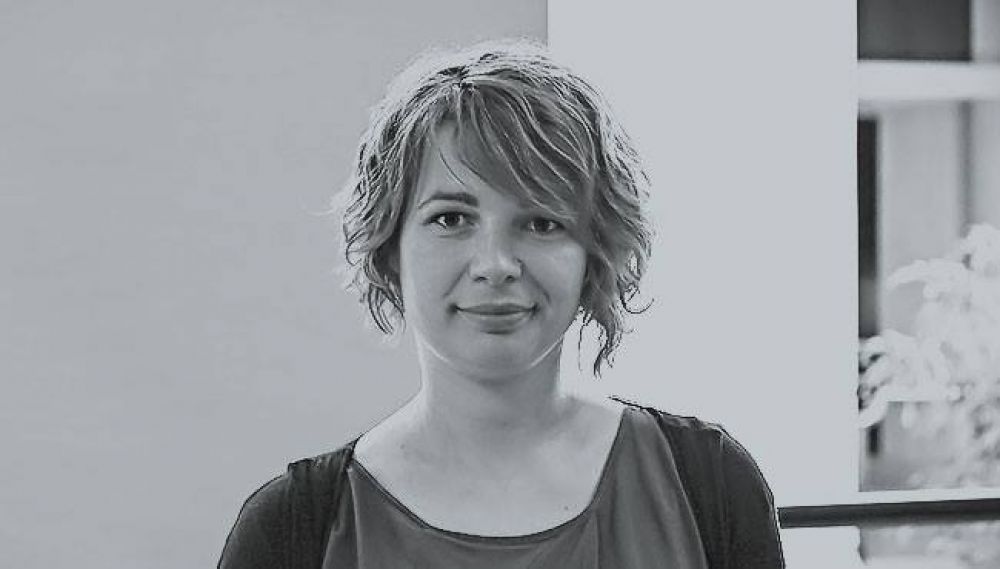
Gazela Pudar Draško
Gazela Pudar Draško is a Research Fellow at the Institute for Philosophy and Social Theory, University of Belgrade. She is a member of Group for Social Engagement Studies and Program Board Chair at the Institute for Democratic Engagement Southeast Europe. She is active in the research area of practical politics and activities of the civil sector in Serbia and Southeastern Europe. Her latest research includes political sociology, especially research on social engagement. She writes mostly about intellectual engagement, othering, social movements and gender.
Contact: gazela.pudar@gmail.com

Sara Nikolić
Sara Nikolić is a research assistant at the Institute for Philosophy and Social Theory at the University of Belgrade, where she has been a member of the Institute’s research teams that conduct qualitative research on new social movements; trust in governance and the cultures of rejection. As a CuRe team member, she conducts field research seeking to enrich the approaches with an ethnographic, bottom-up perspective. She is also a Ph.D. student at the department of ethnology and anthropology at the Faculty of Philosophy, (University of Belgrade). Her emerging thesis is grounded on ethnographic research of residential culture and contemporary dwelling habits, as well as post-transitional relationship towards common areas and urban commons encompassing New Belgrade’s large housing estates. She tends to explore those issues by relying on phenomenological and critical ethnographic techniques.
Contact: sara.nikolic@instifdt.bg.ac.rs

Mirjana Nećak
Mirjana Nećak (1976) is involved in research, both marketing and social, for 16 years. After two years of studying Sociology at the Faculty of Philosophy in Belgrade, moved on to basic studies in Public Relations at Megatrend University in Belgrade. She defended her master's thesis "Digital activism in the EU: a case study of the online community's response to EU copyright rules" [Digitalni aktivizam u EU: studija slučaja reakcije internet zajednice na pravila EU o autorskom pravug] at the Faculty of Political Science in Belgrade.During her elementary studies, Mirjana was an active member of the Anti Trafiking Center. Since 2005, she has been actively volunteering with the Sakurabana Youth Organization in working with youth through a series of interactive workshops and participation in the organization's festivals. She was involved in a project by the Ministry of Sports and Youth of the National Campaign against Hate Speech on the Internet as an educator within the NoHate campaign, working in schools with children with disabilities.She worked in market research as a qualitative researcher during and after her studies where she started to take interest in online qualitative research. In addition, she collaborated with the Institute of Philosophy and Social Theory (IFDT), University of Belgrade, as well as with the Center for Ethics, Law and Applied Philosophy (CELAP). She is an associate of the Center for Ethics, Law and Applied Philosophy and a member of the Laboratory for Digital Sociometry at the Institute of Philosophy and Social Theory, University of Belgrade.In 2015, she set up a consulting agency and continued to pursue research and consulting work.Her main interests are: Social engagement, Digital activism, Internet culture, Alternative youth cultures and Digital youth cultures.
Contact: mirjana.necak@gmail.com
international bOard
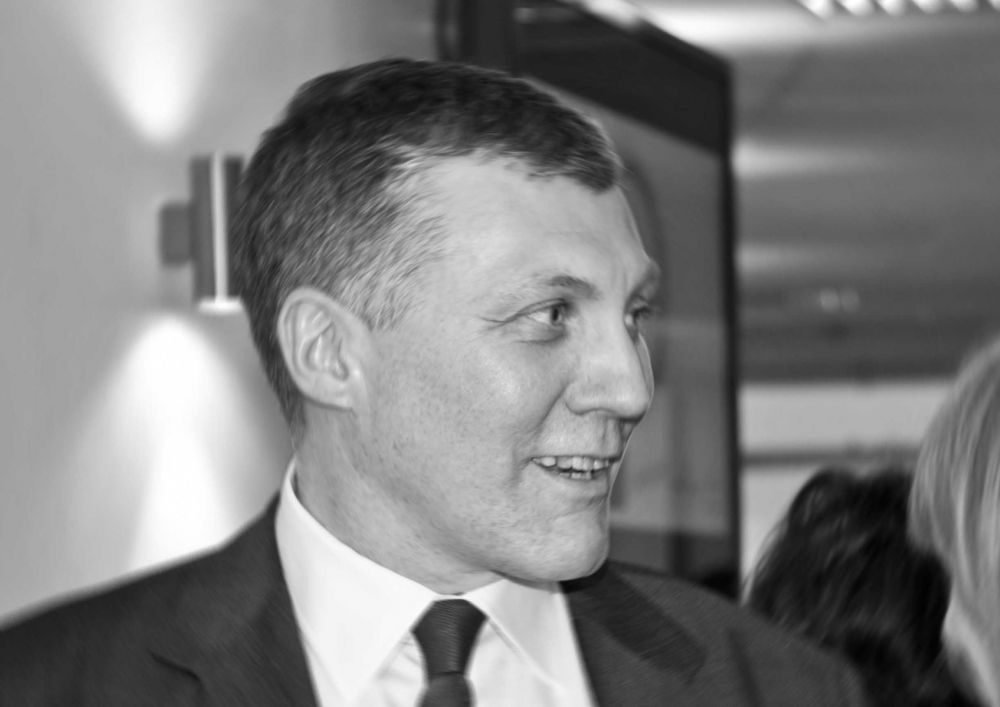
Michael Keith
Michael Keith is a Professor at the University of Oxford where he leads the PEAK Urban Programme, an international partnership of five academic institutions producing research on issues facing the contemporary city. Previously he was Director of the Centre on Migration, Policy and Society (COMPAS), Coordinator of the Urban Transformations Programme, and Co-Director of the Oxford Programme for the Future of Cities.
His research focuses on migration related processes of urban change. Notable works are 'Constructing Capitalism: Economic Life and Urban Change' (2014) and 'Urban transformations and public health in the emergent city' (forthcoming 2020).
Outside academia, he has worked in the voluntary sector and as a politician in the East End of London, and as founder, chair and board member of a wide range of urban regeneration companies and public/private partnerships. He is co-founder and chair of the Rich Mix Cultural Foundation, the largest multicultural arts centre in the UK.
Contact: peakurban.director@compas.ox.ac.uk

Éric Fassin
Éric Fassin is a professor of sociology in the Political Science Department and co-chair of the Gender Studies Department at Paris 8 University. He taught in the United States from 1987 to 1994 at Brandeis University and New York University, and at the École normale supérieure in Paris from 1994 to 2012. He is a founding member of the new Laboratoire d’études de genre et de sexualité – Research Center on Gender and Sexuality Studies (LEGS, CNRS / Paris 8 / Paris 10). His work focuses on contemporary sexual and racial politics, including immigration issues, in France, in Europe, and in the United States – often in a comparative perspective. He is frequently involved in the French public debates on issues his work addresses – from “gay marriage” and gender parity, to the politics and policies of immigration and race, as well as the evolution of the left. He has regularly written articles in English for publications such as French Politics, Culture & Society, French Historical Studies, Public Culture, differences, and Contemporary French Civilization.
Contact: eric.fassin@univ-paris8.fr
assoCiated Members
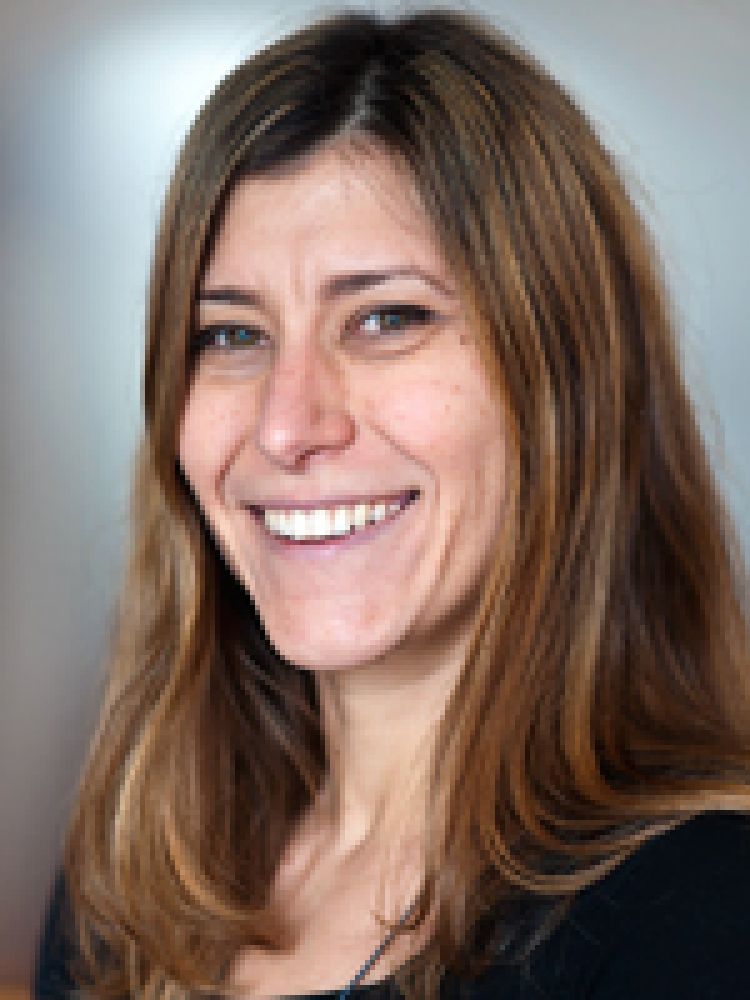
Dragana Kovacevic Bielicki
Dragana Kovacevic Bielicki is a social researcher focusing mainly on forced migration, nationalism, groupism, identity and belonging in discourse. Based in Norway since 2009, she received a PhD in Migration, Nationalism and Culture Studies (Faculty of Humanities, University of Oslo, 2016). A monograph based on her doctoral research was published in 2017 with the title Born in Yugoslavia- Raised in Norway: Former Child Refugees and Belonging (Oslo, Novus Press, 2017). In addition, she holds degrees from Central European University (MA in Nationalism Studies, 2008) and the University of Belgrade (BA and MA in Philosophy, 2006). She is a returning lecturer at the International Summer School, University of Oslo since 2017. In 2019 she joined CuRe project and the research team in Croatia while holding a postdoctoral visiting fellowship at the University of Rijeka.
Contact: dragana.kovacevic@yahoo.com
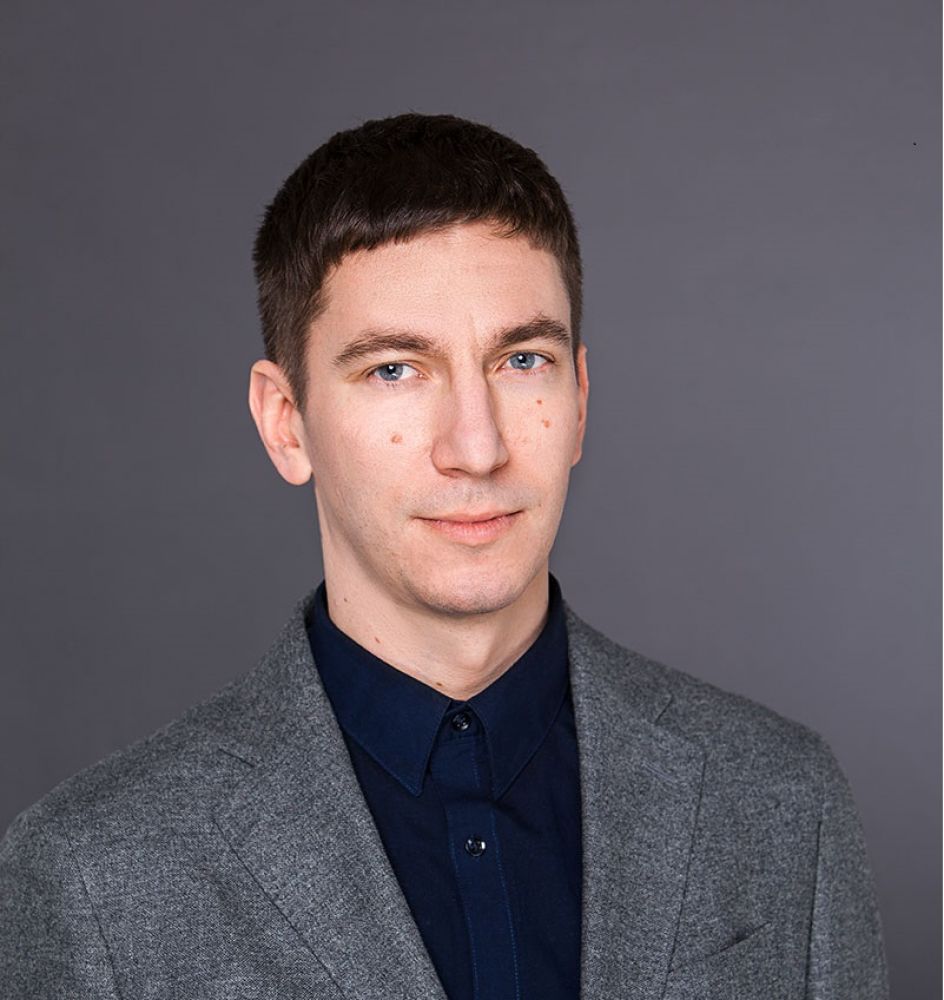
Benjamin Opratko
Benjamin Opratko is a Post-Doc Researcher at the Department of Political Science at the University of Vienna. He is interested in understanding the appeal of authoritarian populism in contemporary capitalism, and the articulations of class, racism, and gender relation in the current conjuncture. He has completed his PhD on liberal variants of anti-Muslim racism in Austria at the University of Vienna, and has previously studied and worked at the University of Lancaster, the University of Hamburg, and the Humboldt University of Berlin. His recent publications include "Im Namen der Emanzipation. Antimuslimischer Rassismus in Österreich"; 2019, "Devils from our past: liberal Islamophobia in Austria as historicist racism" Ethnic and Racial Studies 2019, and "Rechtspopulismus als Krisenbearbeitung. Anmerkungen zum Aufstieg von AfD und FPÖ" Prokla 2017. Benjamin is also an editor of mosaik-blog.at and of the monthly magazine Das Tagebuch.